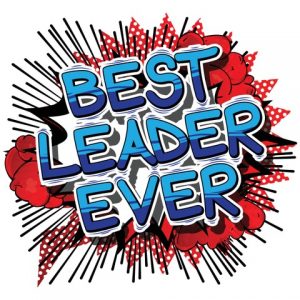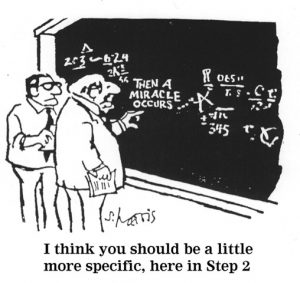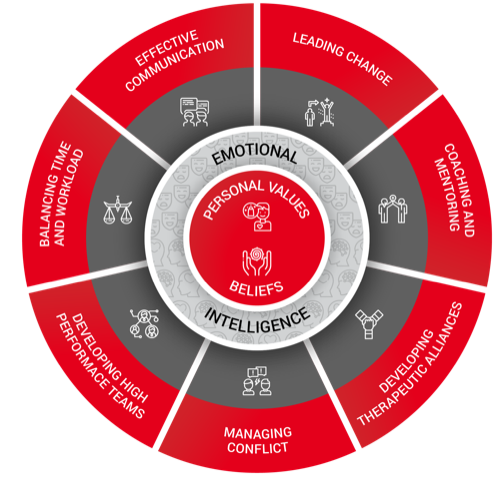What are the qualities of the best leader you have ever worked for or with? Was it her ability to inspire hope and enthusiasm? Could it have been his knack for developing trust with others? Maybe it was her skill in ensuring a sense of belonging within the team. Which of these qualities do you feel that you embody today? Which these qualities do you aspire to possess?

When, it comes to leadership development, it is often challenging to figure out where to start and then where to go. The leadership development industry bombards us with books, podcasts, TED talks, courses, and catchy phrases that all seem very interesting but can be, at times, be overwhelming. How does a new leader advance towards becoming a better leader? What’s the best approach? Leadership development is not simply a collection of seemly useful yet randomly selected leadership resources sporadically explored with the hope of achieving leadership effectiveness.

Sustained leadership effectiveness requires a more wholistic, systematic approach. Consider the parallels between leadership effectiveness and functional performance. A physiotherapist working with a competitive athlete will likely ensure that the individual has created a stable core or inner foundation before advancing towards more complex and challenging distal activities in order to avoid reinjury and optimize performance. Similarly, leadership effectiveness relies on the development of a solid leadership foundation (core) and then, on that stable footing, more complex practical leadership skills can be successfully developed. The Rehab Leadership Framework begins with a focus on an “inward looking” leadership foundation comprised of key elements that determine who you are as a person and how you show up in challenging situations. This leadership core is made up of personal values, beliefs, and emotional intelligence. Once this foundation has been established, practical leadership skills can be developed. The seven practical leadership skills on the outer rim of the Rehab Leadership Framework can be mapped to a wide array of more complex and specific skills that effective leaders’ possess.

Often, it can be tempting to go about the leadership development process in the opposite way and avoid those prickly and sometimes uncomfortable inner attributes and advance immediately to the more visible and seemingly necessary leadership skills. This approach is rarely leads to sustained leadership effectiveness. For example, learning about coaching or even becoming a coach in the absence of self-awareness, impulse control, and empathy (elements of emotional intelligence) is unlikely to lead to a satisfying coaching experience for everyone involved. Starting with a focus on the inner self (personal values, beliefs, and emotional intelligence) and then systematically layering on more challenging and complex practical leadership skills has been shown time and time again to be the best pathway to leadership effectiveness.
To learn more about the Rehab Leadership Framework, make sure you access the full Rehab Leadership curriculum on PhysioPlus.